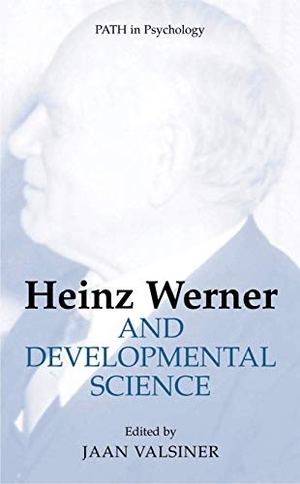Für statistische Zwecke und um bestmögliche Funktionalität zu bieten, speichert diese Website Cookies auf Ihrem Gerät. Das Speichern von Cookies kann in den Browser-Einstellungen deaktiviert werden. Wenn Sie die Website weiter nutzen, stimmen Sie der Verwendung von Cookies zu.
Cookie akzeptieren
Heinz Werner and Developmental Science
- Springer US
- 2004
- Gebunden
- 456 Seiten
- ISBN 9780306479090
Heinz Werner (1890-1964) was one of the three key developmental psychologists of the 20th century ¿ along with Jean Piaget and Lev Vygotsky. This book is a new exploration of Werner¿s ideas and their social contexts ¿ in Vienna in his student years, in Hamburg up to 1933, followed by the years of transit as an immigrant to America at times of economic depression, finally culminating in his establishment of the prominent "Clark tradition" in American psychology in the 1950s. The book offers an in-depth analysis of Werner¿s ideas as they were originally formulated in Vienna and Hamburg, and how they were changed by North American influences.
Mehr
Weniger
zzgl. Versand
in Kürze